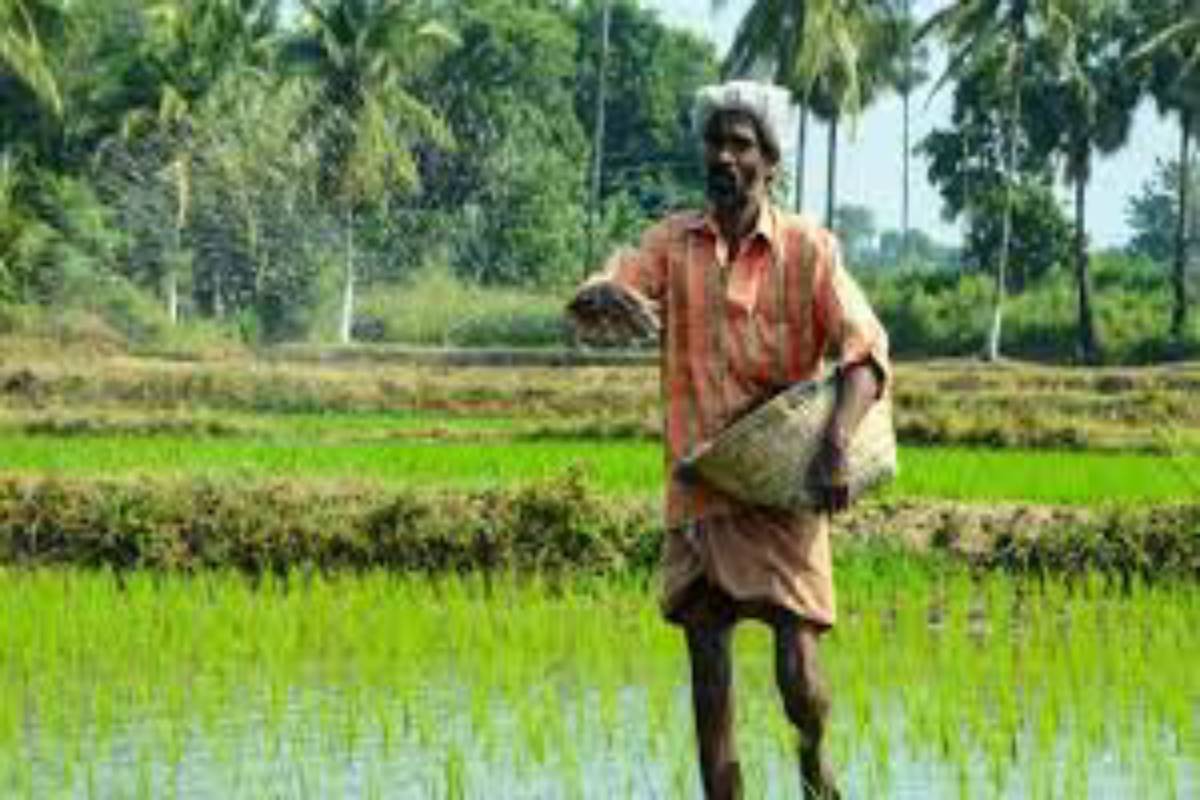SIR, The Statesman is to be appreciated for publishing ‘Green Revolution-I & II’ (20 & 21 August) by Jaydev Jana, which did a fair analysis of the pros and cons of the Green Revolution. Initially, at the time of diffusion, green revolution agriculture was highly subsidized by the government which was discontinued later, rendering agriculture a costly and risky affair. This is apart from the adverse impacts on society and the environment. The fallacy of green revolution is expressed by the following assertions at the end of the two-part article:
First, increased food production is not the panacea for the perennial problem of food scarcity as evidenced in the huge stocks of food grains wasted in India while tens of millions are deprived of as pointed out by Norman Borlaug ~ the father of green revolution. Second, low production and productivity causing food shortage leading to famine – the very logic in favour of green revolution ~ was false as per the Famine Commission Report (1880) and as argued by Amartya Sen.
Hence, the problem was not of “food shortage” due to “low production and productivity” as believed and popularized by the vanguards of green revolution who failed to recognise and rectify the actual cause of the food crisis to usher in a new era of agriculture driven solely by the spirit of “increasing production and productivity” which has been the foundation of agri-rural development since then as reflected in the latest rhetoric ~ “Doubling farmers’ income by 2022”. Indeed, “a plan for social development rather than a strategy for abundance” is the need of the hour.
Agriculture is not an activity as easy and unskilled as perceived by the R&D professionals. Rather, agriculture is a knowledge-intensive and skilled-based activity involving risks. Instead of imposing policies and programmes on the farmers in the name of development, there is a need to help farmers in availing inputs at a reasonable price and disposing of their produce at a remunerative price.
Advertisement











